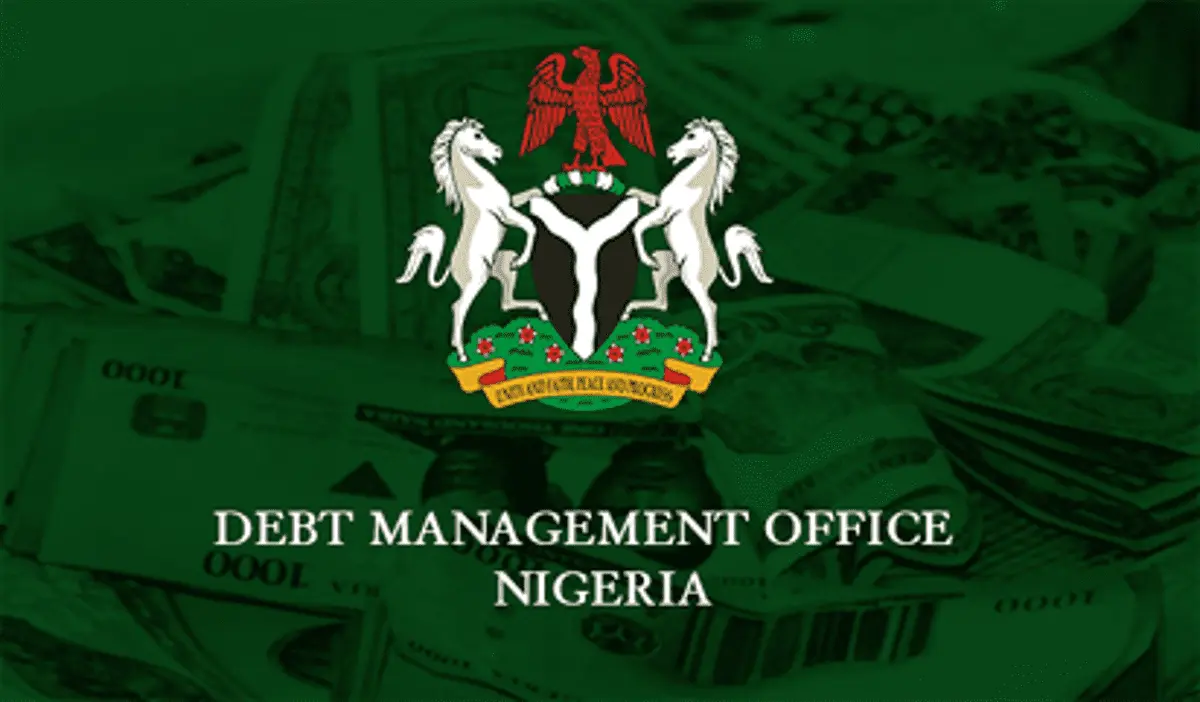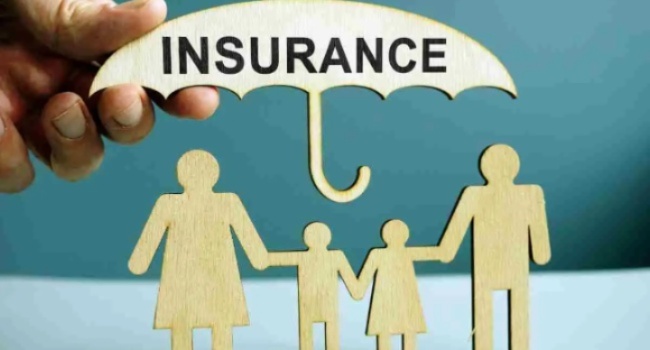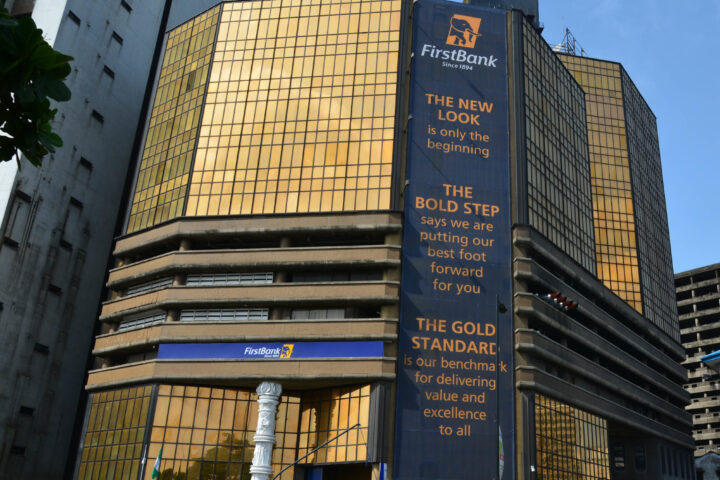In a revealing fireside chat at the 2023 Annual Business Summit of the Capital Market Solicitors Association (CMSA), the Director General of the Debt Management Office (DMO) in Nigeria, Ms. Patience Oniha, has disclosed the government’s plan to secure a budgetary approval for a substantial N1.7 trillion external debt borrowing, equivalent to approximately $2 billion.
This announcement comes against the backdrop of a challenging market climate, with Oniha addressing the nation’s debt situation and the need for active citizen involvement in budget formulation.
Join our WhatsApp ChannelHighlighting the reasons for considering external borrowing, Oniha stressed two principal objectives: to bolster external reserves and reduce reliance on domestic borrowing.
“Talking about external borrowing, let me clarify that this year’s budget has room for a new external borrowing of about N1.7 trillion. When you convert that to official rates. It gives you about $2 billion.”
READ ALSO: Lagos Govt Orders Closure Of Ladipo, Mushin Markets Over Non-payment Of Waste Levies
“So, the reason that there’s no plan to issue a Eurobond, is that the market has not been open to many African countries. If you look at the whole of this year, no African countries have been able to issue Eurobonds. We’re told that we have advisors who have been working with international banks and, maybe, in a queue for markets to be open. Once the market is open and the rates are good, we will go to the market,” she said.
She mentioned that the current market conditions have delayed any plans to issue a Eurobond, a move that has been on hold due to a lack of favorable conditions for African countries.
On the matter of interest rates, Oniha emphasized that borrowing rates depend on market conditions at the time of borrowing, dispelling the notion of being anchored to historical rates.
This applies both to international markets and the local market. She underscored the importance of competitive rates when contemplating debt issuance.
The growing debt profile of Nigeria, currently at approximately N87 trillion as of June, was attributed to the country’s long-standing budgetary deficits and the impact of the Central Bank’s “Ways and Means” scheme.
Oniha urged Nigerians to actively participate in the budget formulation process, asserting that citizen engagement is vital for effective governance and development.
She stated that governments in developing countries increasingly recognize the importance of citizens’ input in shaping the nation’s policies and direction.
To provide an external perspective, Razia Khan, Chief Economist and Head of Research at Standard Chartered Bank, noted that although Nigeria has faced significant challenges, it does not appear to be at a high risk of a debt crisis.
Khan suggested that lowering fiscal deficits, reducing crowding out effects, implementing policy reforms for interest rate determination, and achieving a more stable economic foundation are crucial steps toward bolstering the country’s economy.
As Nigeria navigates its debt management strategy amidst market uncertainties, active citizen engagement in the budgetary process and a cautious approach to external borrowing are poised to be key factors in shaping the nation’s financial future.
Emmanuel Ochayi is a journalist. He is a graduate of the University of Lagos, School of first choice and the nations pride. Emmanuel is keen on exploring writing angles in different areas, including Business, climate change, politics, Education, and others.



















Follow Us